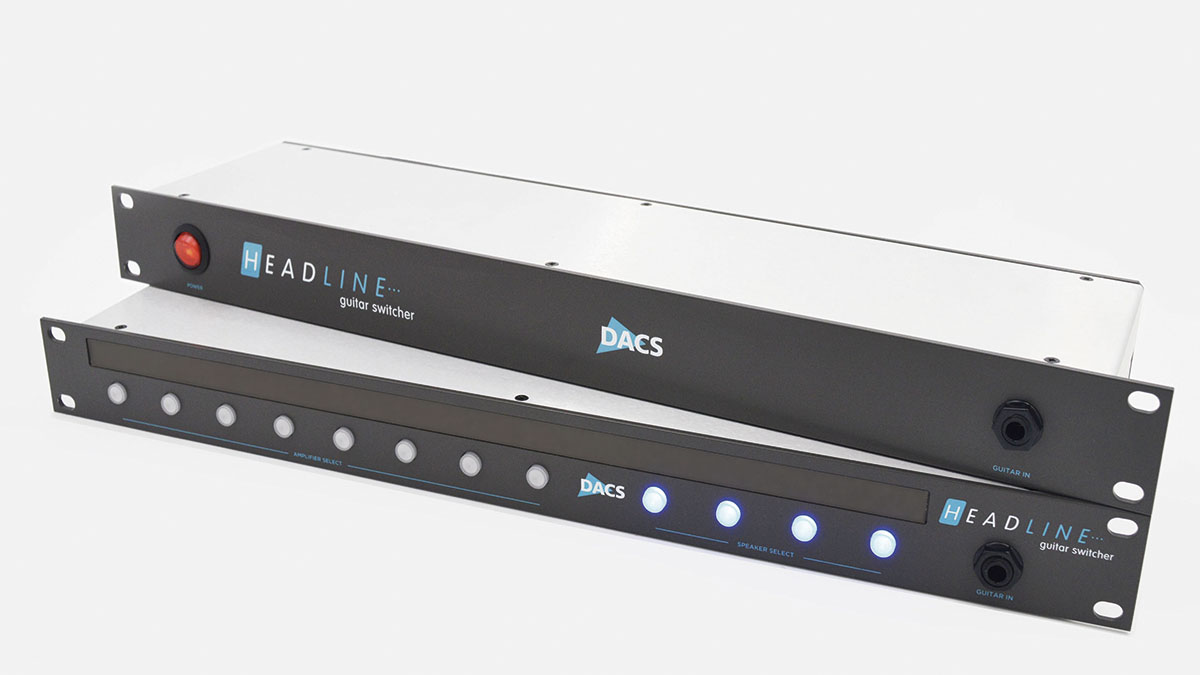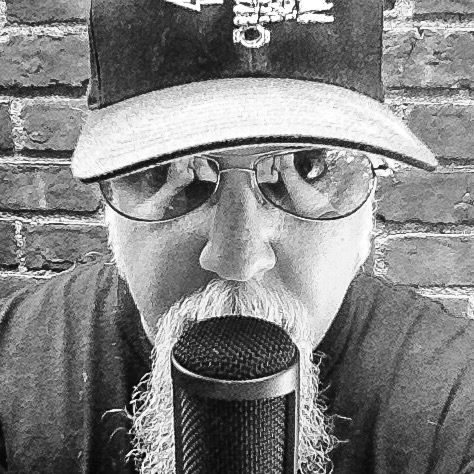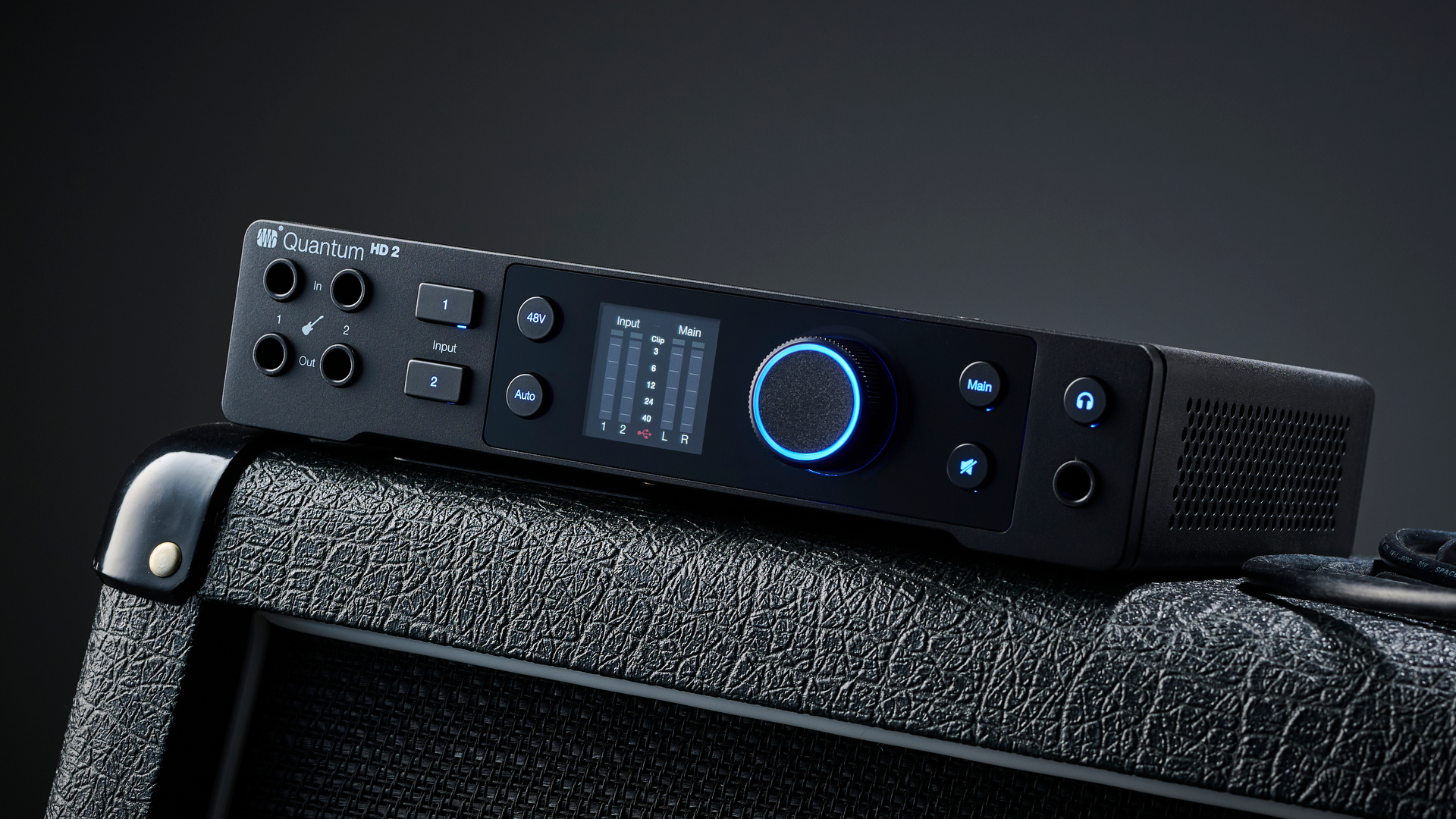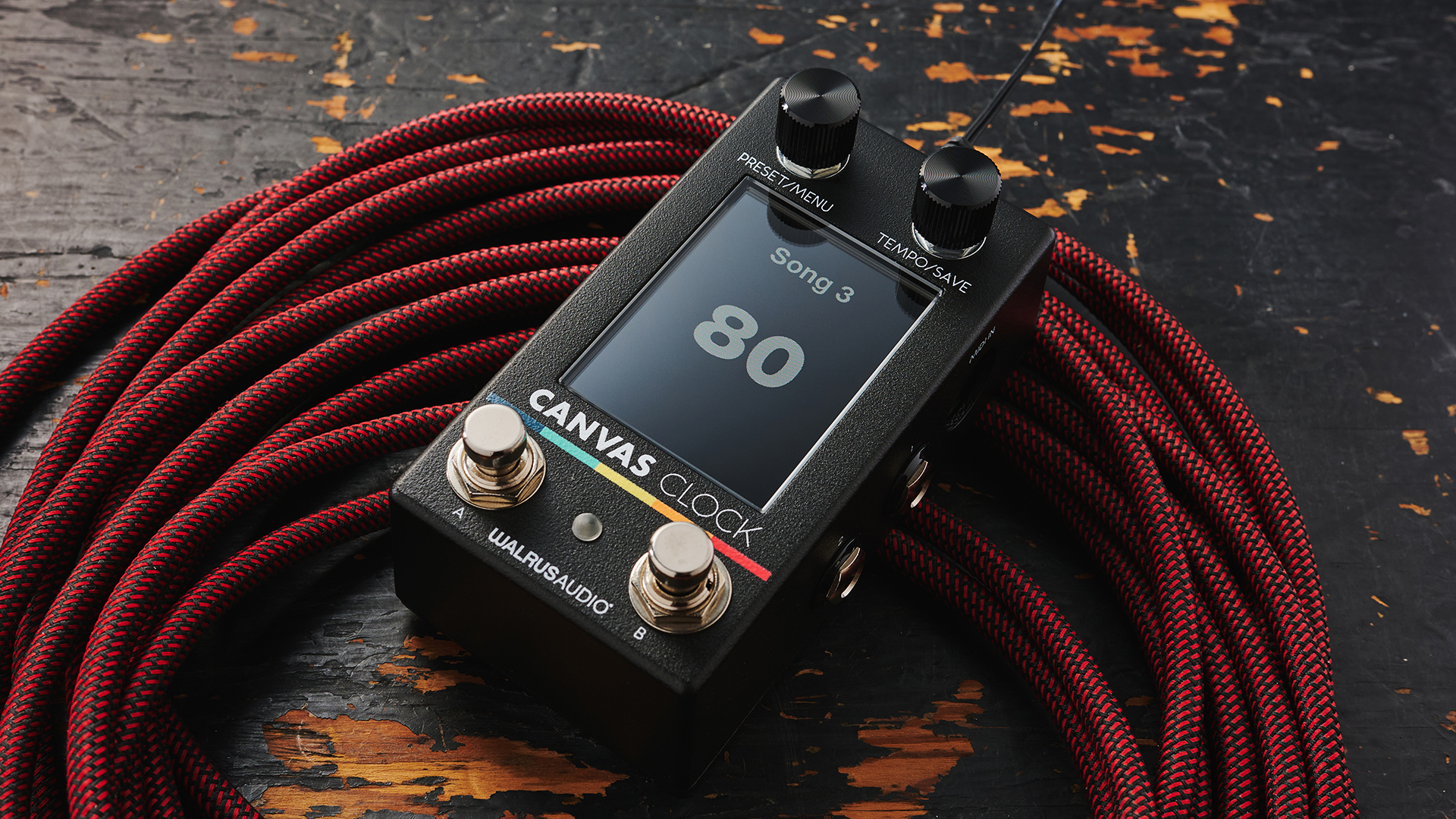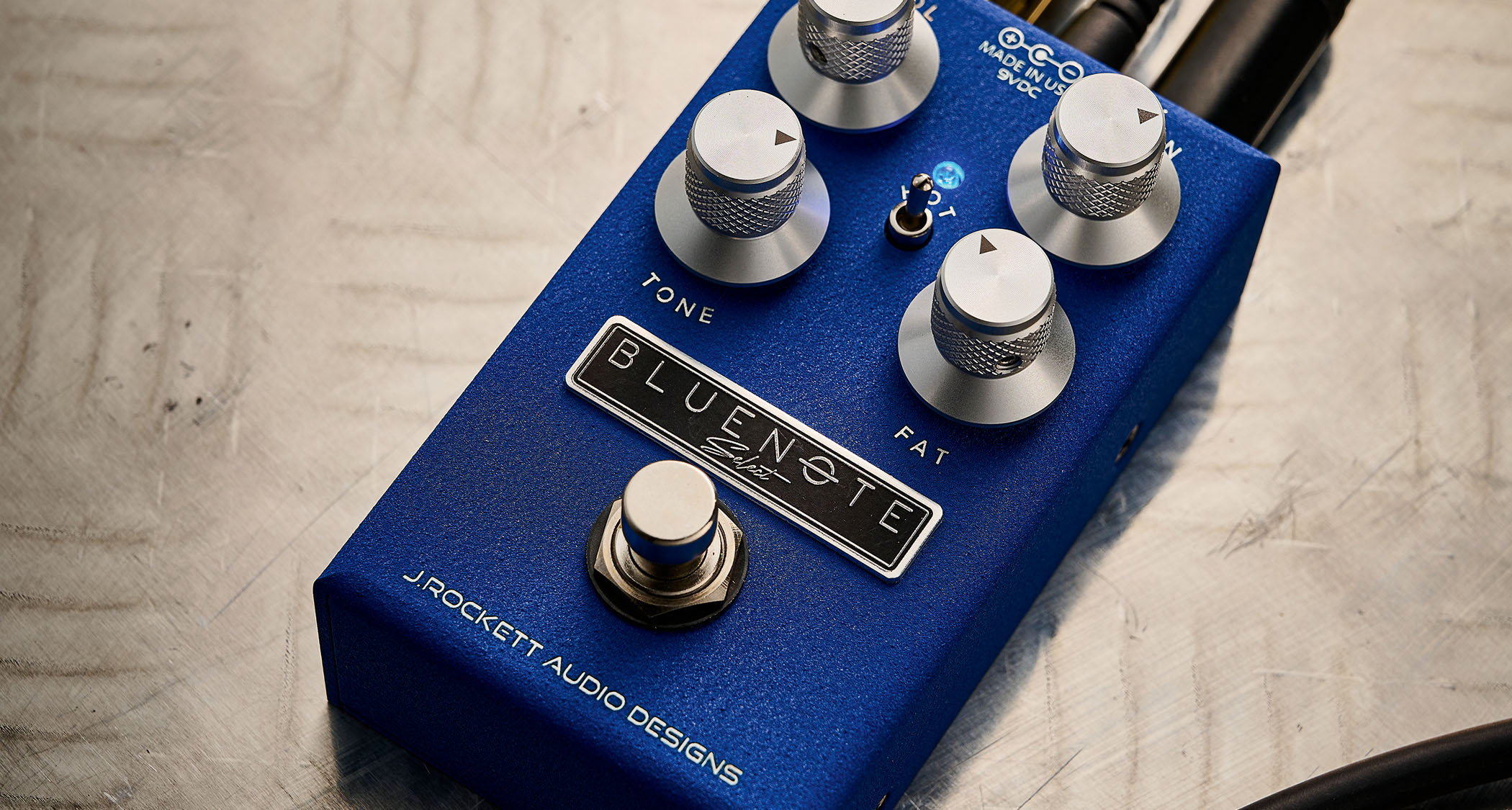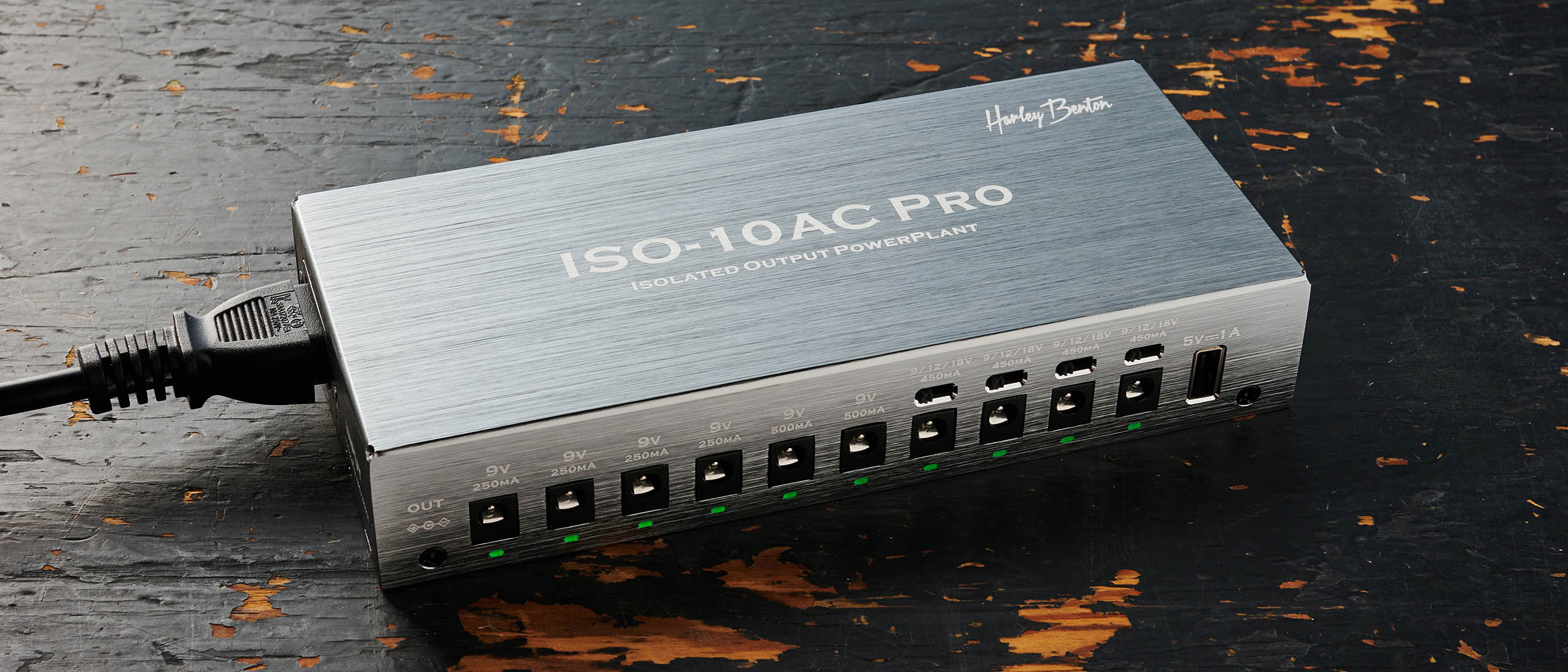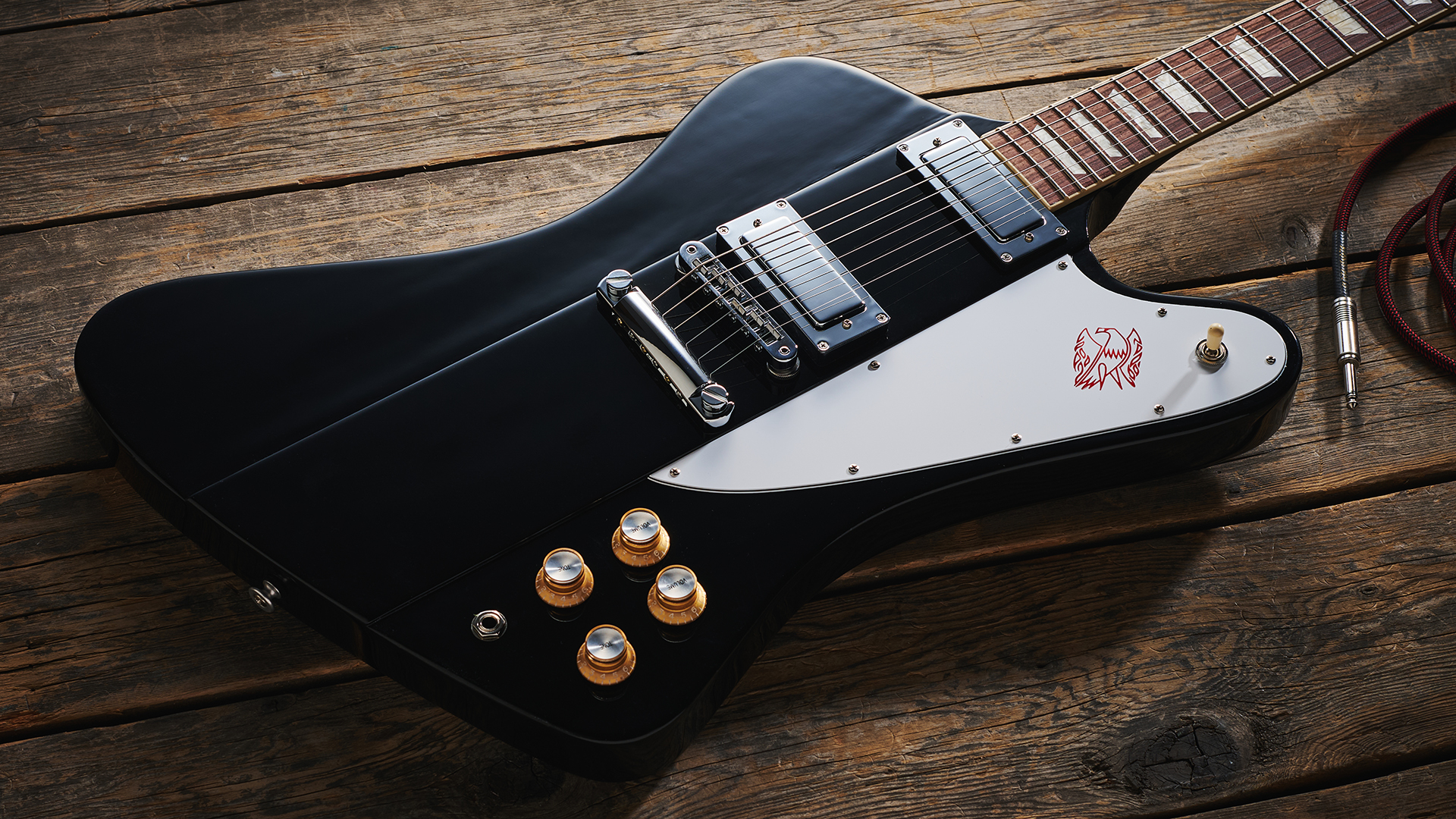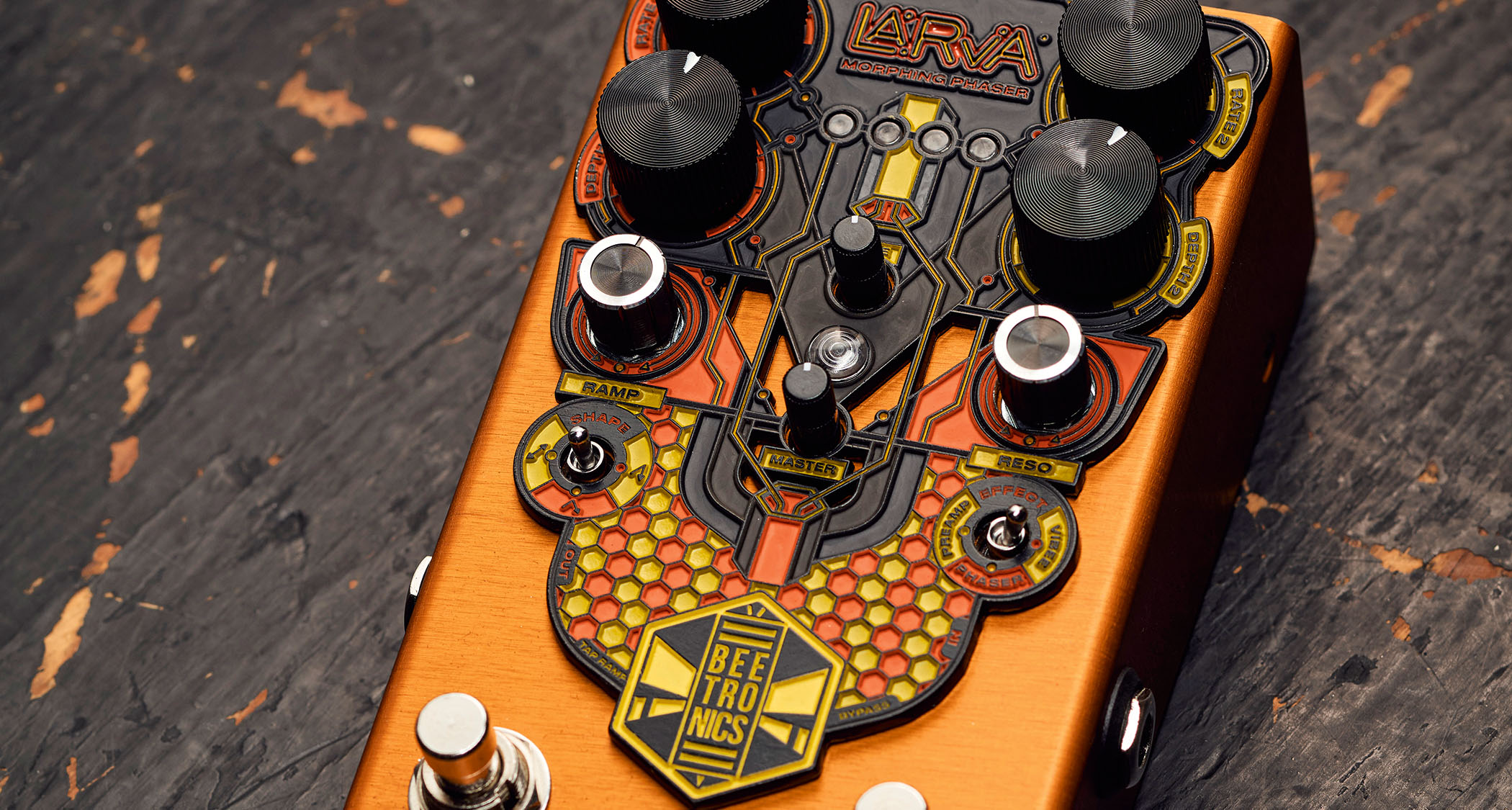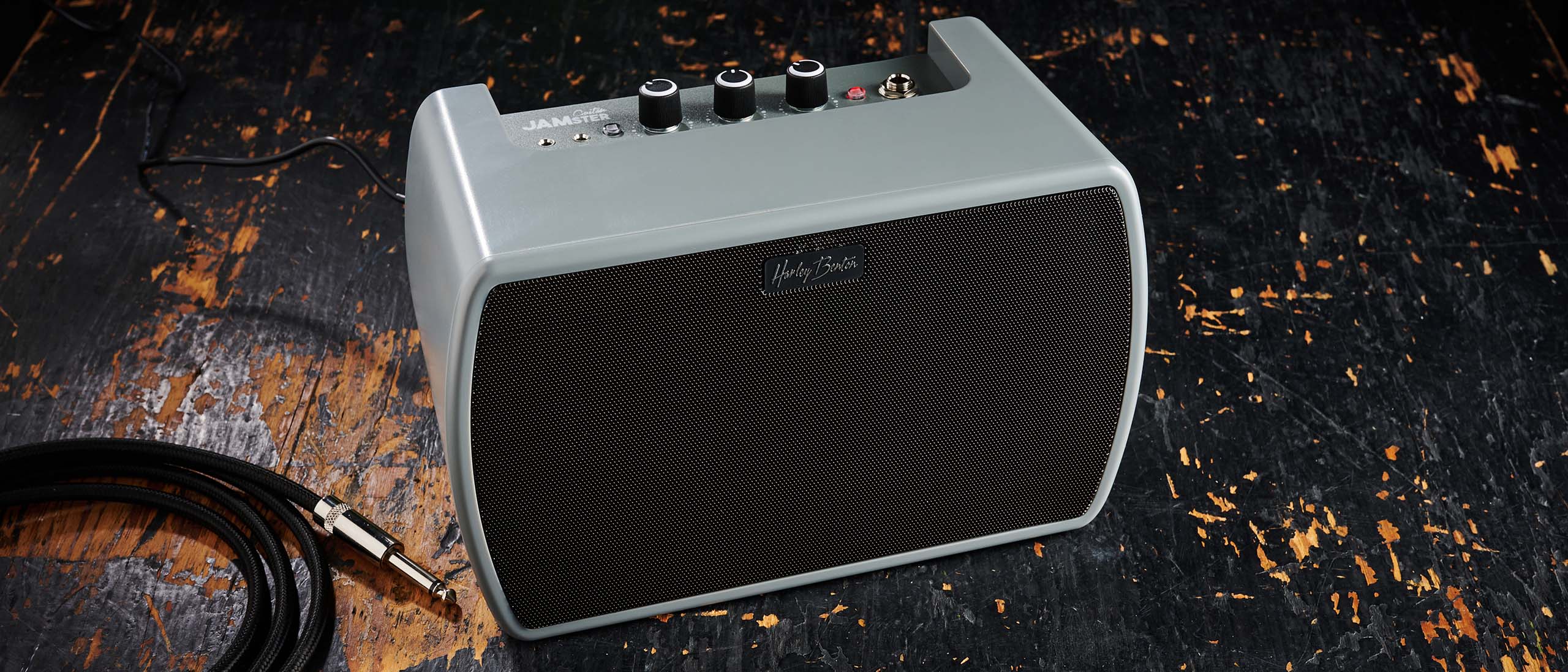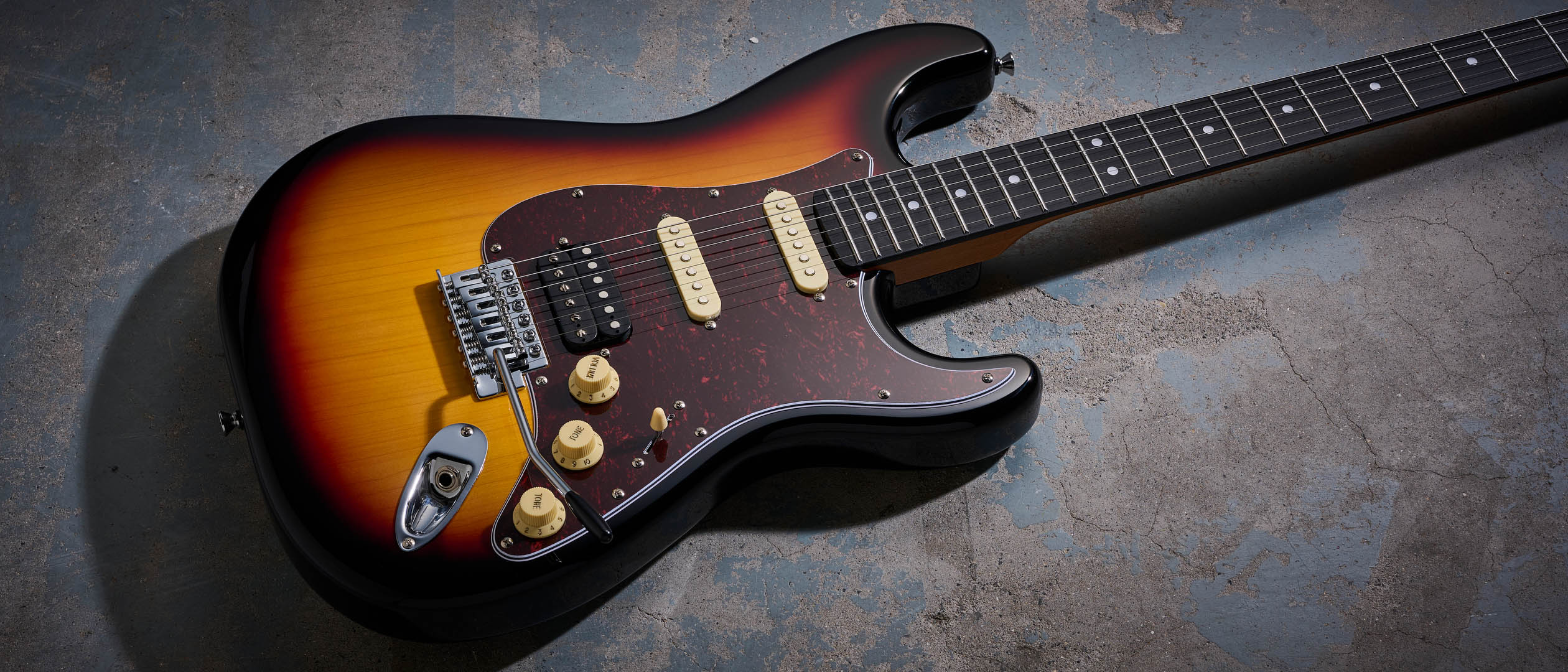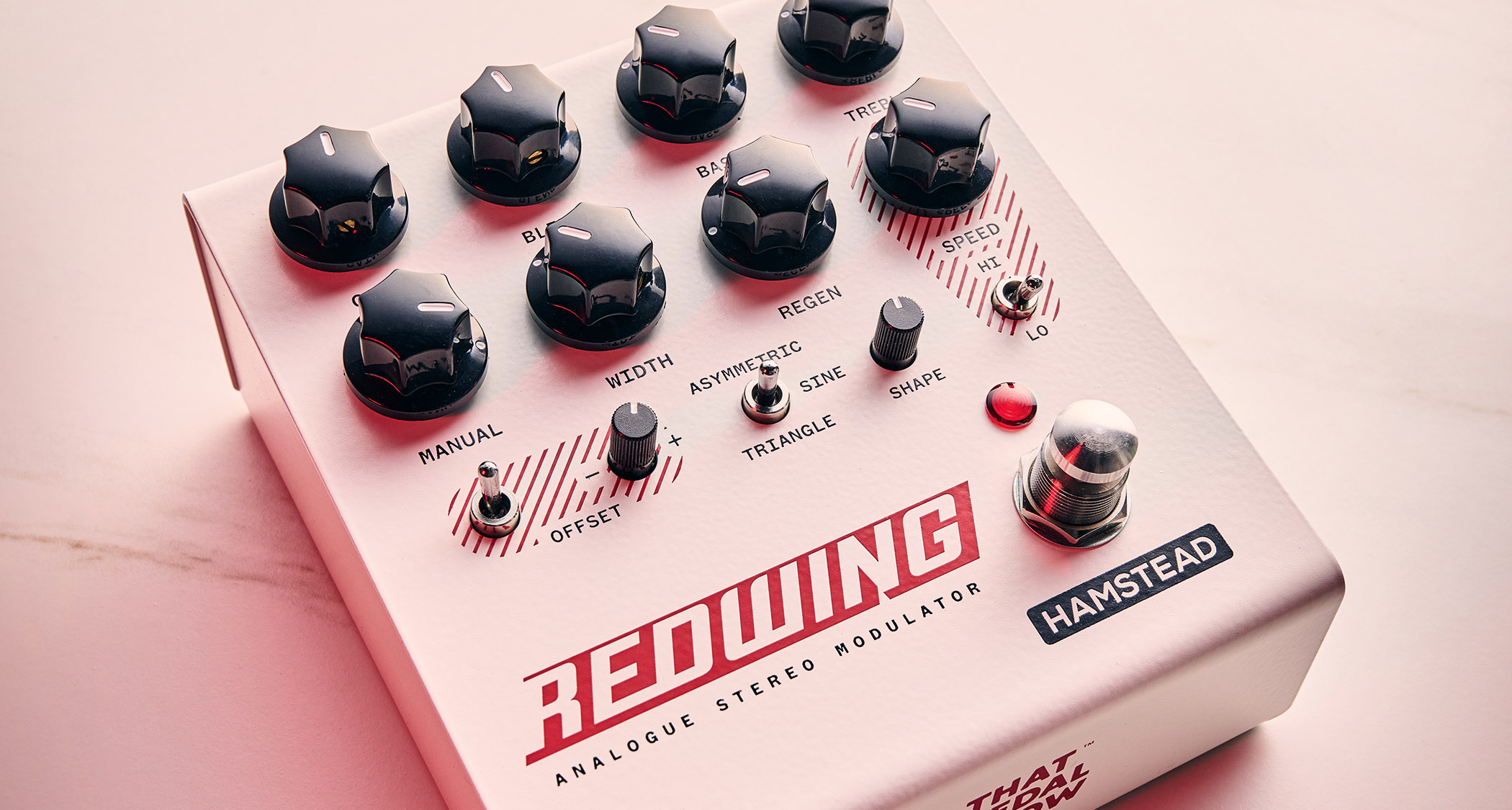Guitar World Verdict
The DACS HeadLine Guitar Switcher system provides studio guitarists who prefer to use a variety of tube amps and speakers with the same instant rig-switching gratification as players who use digital modeling apps, processors and amps.
Pros
- +
Connect up to eight separate amps and four speaker cabinets.
- +
Can be controlled remotely.
- +
It's very convenient.
Cons
- -
Not a cheap piece of kit.
You can trust Guitar World
Digital amp modelers, processors and apps offer studio guitarists an incredible variety of instantly accessible tones, but a lot of players still prefer the sound of genuine tube amps and real speakers captured by a microphone.
Unfortunately, swapping guitar amp heads and speaker cabinets to find the ideal tone is a bigger hassle and more time-consuming than accessing a menu and making a few clicks on an app or control panel. While that may not be a problem when working alone in a home studio, it can be a nightmare when impatient bandmates or clients are watching the clock.
The DACS HeadLine offers guitarists who want to instantly access a wide variety of amp and speaker combinations a pro-quality, powerful and easy-to-use solution.
Up to eight amps and four speaker cabinets can be connected to the HeadLine relay switching box, which in turn is connected to a separate user interface/selector unit featuring illuminated buttons for selecting amps and cabinets. The separate units allow the switching box to remain in the studio in close proximity to the amps and speakers while the selector unit stays within reach in the control room.
Features
The DACS HeadLine system consists of two 1U rack-mounted devices that each measure about 4 ¼ inches deep and are very lightweight.
The relay switching box features just an illuminated on/off switch and ¼-inch input on its front panel, while around back are another guitar input/tuner jack, eight ¼-inch jacks to connect to each amp’s input, eight ¼-inch jacks for connection to the corresponding amp’s speaker output jack, four ¼-inch speaker outputs and a jack for a Cat 5/6 RJ45 network cable (Ethernet).
The DACS HeadLine ships with a 16-foot cable that should be long enough for most applications, but longer lengths are easy to find at computer stores or online.
The interface/selector unit provides one set of eight illuminated push switches for selecting the desired amp and another set of four illuminated push switches for selecting the cabinet. Two cabinets can also be engaged at once, but just make certain that the selected amp can handle the resulting impedance.
This unit also features a ¼-inch guitar input on the front panel, while around back are separate ¼-inch guitar output and tuner jacks along with an RJ45 control output jack.
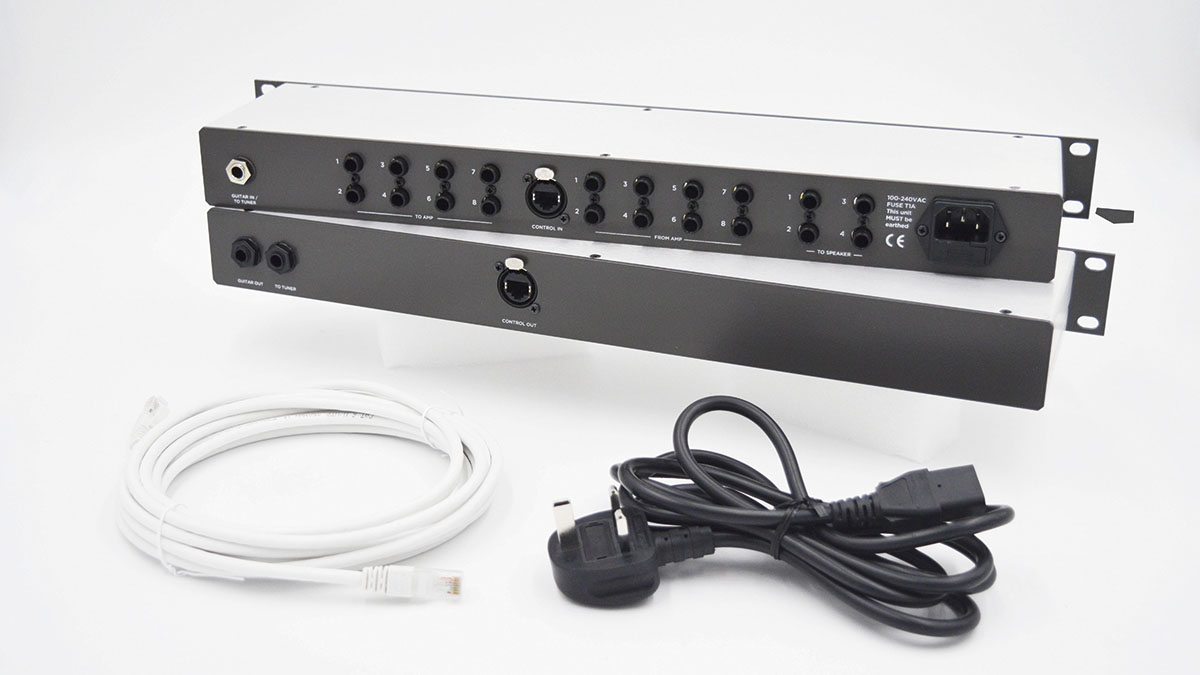
Performance
Connecting amps and speakers to the DACS HeadLine switching box is very simple. Regular guitar cables are connected between the switcher and amps, while speaker cables are connected to the switcher’s amp outputs and speaker input jacks.
When an amp is not selected, it is automatically connected to a dummy load to avoid transformer damage. Also, users can only engage channels with speakers connected to them, and channels without speakers cannot be activated. The only setup issue that users need to be mindful of is impedance matching between cabinets, especially when selecting speaker pairs.
Being able to instantly compare different rigs while searching for the ideal tone is a revelation and godsend for players
The DACS HeadLine system truly allows guitarists to swap amp head and speaker configurations in an instant. There is only a short lag during switching when the guitar input is muted, but this is not a problem for studio applications.
Being able to instantly compare different rigs while searching for the ideal tone is a revelation and godsend for players. HeadLine is also very useful beyond the recording studio for simple tasks like figuring out which speaker cabinet pairs best with an amp head.
It is so much easier to choose the ideal speaker when one can compare and contrast differences and nuances within a few seconds instead of having to take a few minutes to unplug and plug in different cabinets and rely on one’s memory.
- Price: $1,853 / £1,379
- CONTACT: DACS Audio
Chris is the co-author of Eruption - Conversations with Eddie Van Halen. He is a 40-year music industry veteran who started at Boardwalk Entertainment (Joan Jett, Night Ranger) and Roland US before becoming a guitar journalist in 1991. He has interviewed more than 600 artists, written more than 1,400 product reviews and contributed to Jeff Beck’s Beck 01: Hot Rods and Rock & Roll and Eric Clapton’s Six String Stories.
“Wins out on battery life, stealthy aesthetics and its well-judged Cable Tone feature”: Blackstar Airwire i58 review
“A distinctive brightness that no other strings have been able to capture”: How Rotosound revolutionized the bass world with its Swing Bass 66 strings – and shaped the sound of rock music in the process
